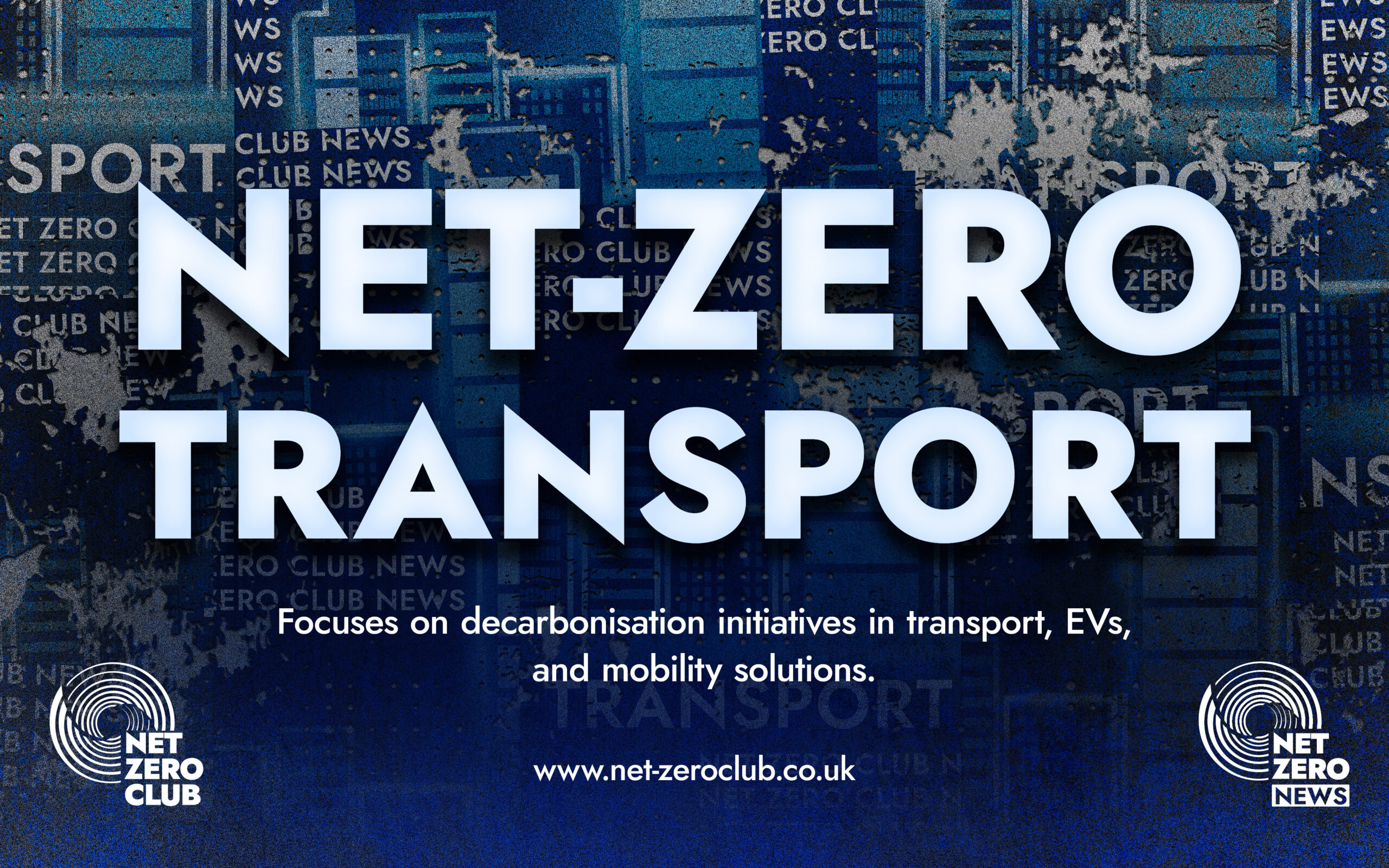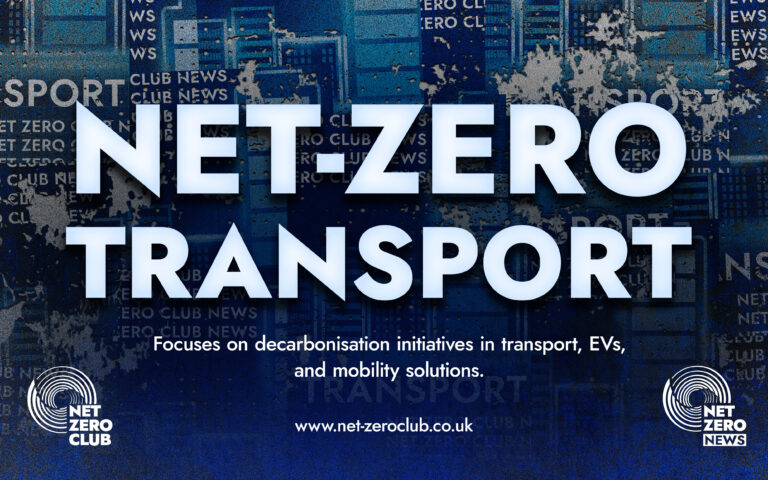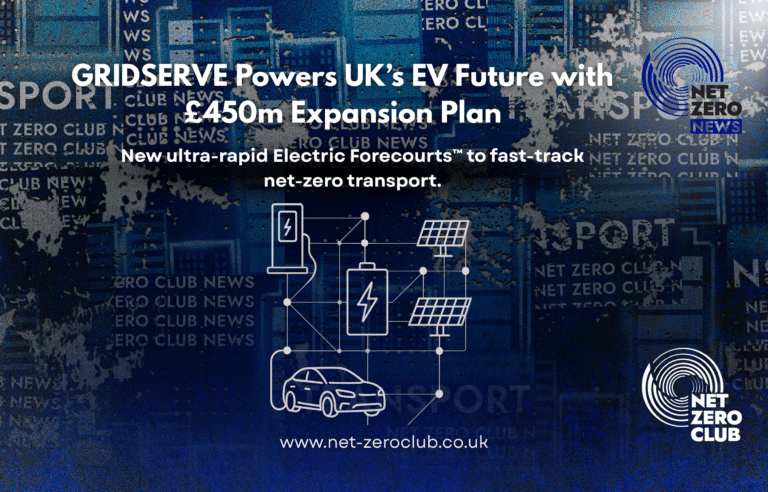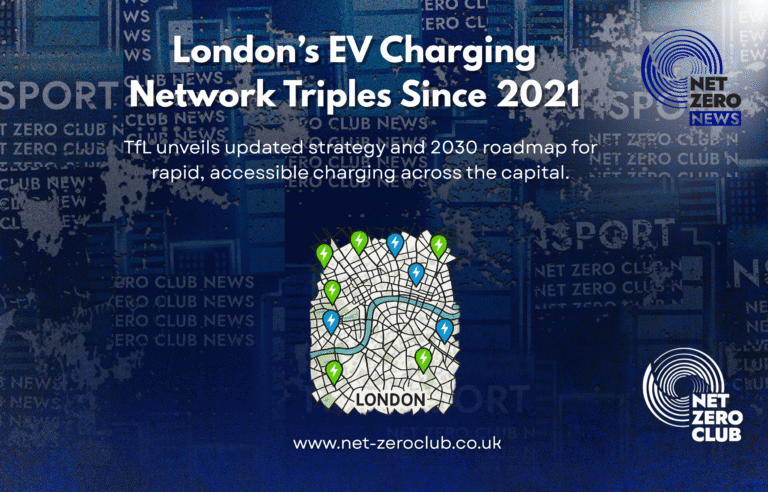How AI-Managed EV Charging Can Slash Your Energy Bills

Hello, Champions of Net Zero!
We have exciting news that could revolutionise how we think about electric vehicle (EV) charging and its impact on our energy bills and the grid. Recent trials conducted by the Centre for Net Zero (CNZ) demonstrate that AI-managed EV charging can lead to significant financial savings for drivers while also benefiting the energy grid. Read on to discover the transformative potential of this innovative technology.
The research spearheaded by CNZ, in collaboration with the King Climate Action Initiative at the Abdul Latif Jameel Poverty Action Lab (J-PAL), involved a comprehensive year-long study of over 13,000 households across the UK. The aim was to evaluate the effectiveness of the world’s largest AI-managed EV charging tariff, designed to automate energy demand, particularly during off-peak hours when renewable energy is readily available and electricity prices are lower.
As a result of these trials, it has been revealed that AI-managed EV charging can reduce electricity bills by as much as £650. This is achieved by aligning vehicle charging times with periods of cheap electricity, which predominantly occur when renewable energy production is high and demand is low. Participants in the study experienced average annual savings of approximately £340, with potential savings reaching up to £650 for those transitioning from standard flat tariffs. This remarkable reduction makes operating an EV nearly seven times cheaper than driving a petrol vehicle!
One of the standout findings from the research was a staggering 42% reduction in peak household electricity usage between 16:30 and 20:30. The entire demand for EV charging was successfully shifted to off-peak hours, allowing households to maintain their overall electricity consumption while easing the strain on the grid during peak times. Interestingly, there was a notable 50% increase in electricity demand during the late-night hours, from 23:30 to 05:30, as households took advantage of lower prices and cleaner energy sources.
The trial also highlighted a strong acceptance of automation among drivers. An impressive 97.7% of total electricity consumption was optimised through the AI-managed tariff, with more than half of the participating households rarely needing to manually override the AI controls. This suggests a high level of trust and satisfaction in the automated system, which not only simplifies the charging process but also maximises savings.
To further enhance the adoption of EV charging tariffs, the research emphasised the importance of targeted consumer engagement. For instance, a simple email outreach led to a 3.4% increase in tariff adoption among ‘harder-to-reach’ users—those who had not previously engaged with tariffs and are more representative of future EV adopters. Overall, 85% of customers who switched to the AI-managed tariff decided to remain on it throughout the 12-month trial period, demonstrating that well-designed options that prioritise convenience and cost savings are less likely to be abandoned.
The findings of this study come at a critical time for the automotive industry, as EVs accounted for 20% of global new car sales in 2024—a figure that is anticipated to rise sharply in the coming years. The decarbonisation of transport is integral to achieving net-zero targets, but it also poses challenges for the UK’s grid infrastructure. Projections suggest that an electrified fleet could account for 15 to 20% of total electricity demand by 2050. Without effective management, this surge in demand could put significant pressure on the grid during peak times, potentially leading to increased costs for consumers. Alarmingly, only about a quarter of EV owners in Britain are currently utilising smart charging to help mitigate these demand spikes.
Lucy Yu, the CEO of the Centre for Net Zero, expressed her enthusiasm for the trial’s results, stating, “This research confirms that AI has the potential to enhance the efficiency of our energy systems for everyone. Through automation and smart technology, consumers can optimise their electricity use, saving on bills without sacrificing comfort. Instead of adding pressure to the grid during peak times—when we often rely on more expensive fossil fuels—households can harness cheaper, greener energy. The implications extend beyond just electric vehicles; consumers can be incentivised to align energy-intensive tasks with periods of high renewable production, effectively integrating clean power and reducing system costs.”
Professor Robert Metcalfe, Chief Economist at CNZ and a Professor at Columbia University, echoed these sentiments, highlighting the significance of managing the increased demand from EV charging. He pointed out, “The electrification of transport is central to our efforts to reduce the UK’s carbon emissions. However, we must effectively manage this additional demand, or we risk straining the grid further, which ultimately falls on consumers. This research illustrates how targeted incentives and automation can mitigate the need for costly power generation during peak times. When implemented at scale, this could decrease bills, make better use of renewable energy to meet surges in demand, and lessen the necessity for expensive grid upgrades.”
In light of the trial’s findings, CNZ has put forth several recommendations for policymakers and industry leaders. Key suggestions include reforming electricity market signals to ensure that wholesale electricity prices accurately reflect the time- and location-specific costs of supply. This would reward both producers and consumers for adjusting their demand in alignment with the grid’s needs. Additional recommendations call for reducing non-energy charges on bills, introducing more dynamic network charges, and enhancing targeted engagement strategies to facilitate tariff-switching. Moreover, CNZ advocates for the implementation of market-wide half-hourly settlement to further streamline the process.
For those looking to dive deeper into this groundbreaking research, CNZ’s full white paper is available online, providing comprehensive insights and data on the trial and its implications for the future of EV charging and energy consumption. The potential for AI-managed charging to transform the landscape of energy use is immense, paving the way for a greener, more efficient, and cost-effective future.
As we move towards a net-zero future, the integration of innovative technologies like AI in everyday practices such as EV charging will be paramount. This trial is just the beginning, demonstrating how smart solutions can empower consumers, optimise energy use, and ultimately contribute to a more sustainable planet.
Stay tuned to Net Zero News for more updates on the latest advancements in energy technology and sustainable practices!
This rewritten article is designed to be engaging and informative, adhering to UK English standards, while also maintaining the integrity of the original information. The structure is enhanced with HTML
tags for clear readability.

 Got net-zero news, project updates, or product launches to share?
Got net-zero news, project updates, or product launches to share? 

